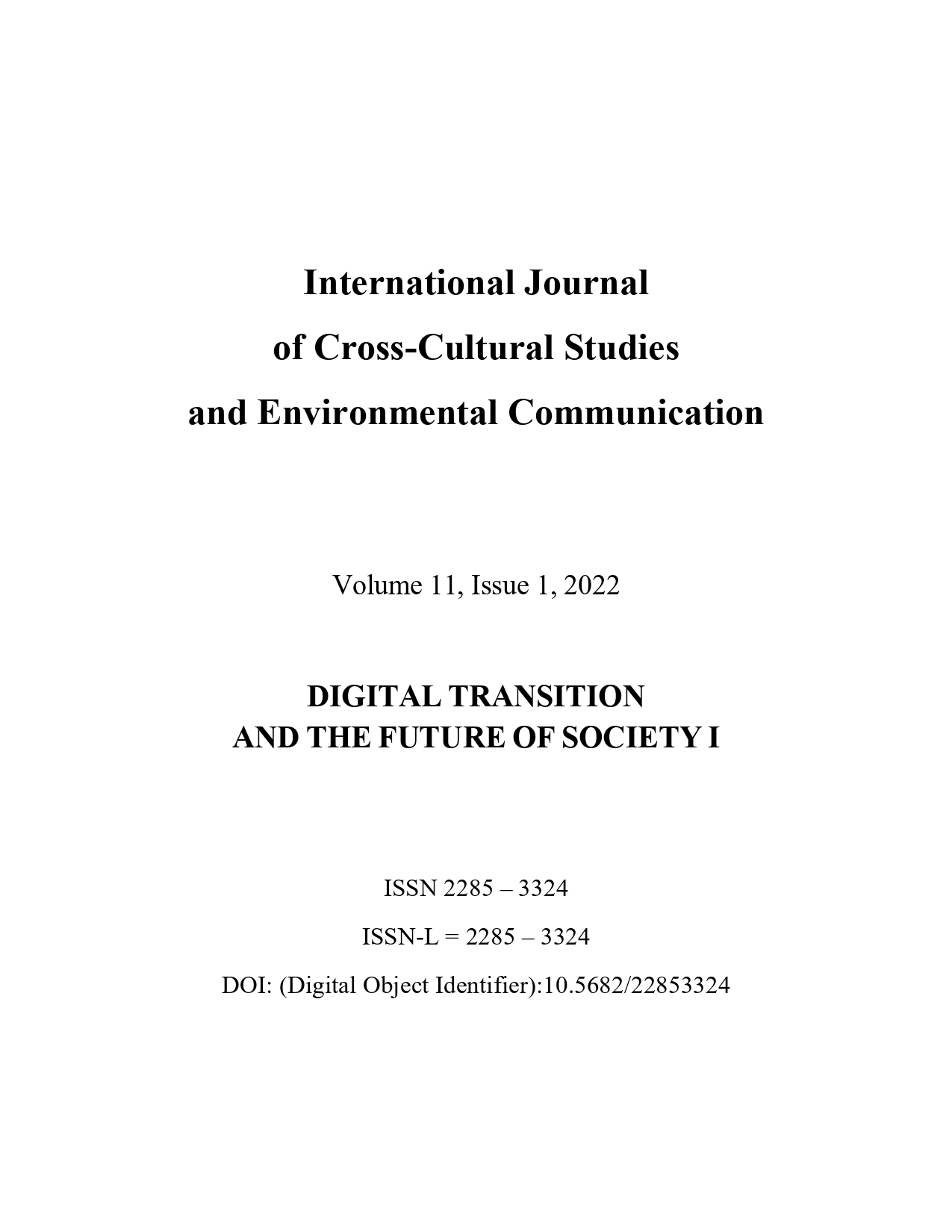The Social Phenomen Erasmus+
The Social Phenomen Erasmus+
Author(s): Irina Oana Alexandrescu, Antonio AmuzaSubject(s): Social Sciences, Education, Communication studies, Sociology, Culture and social structure , Theory of Communication
Published by: Editura Universitară & ADI Publication
Keywords: multiculturalism; intercultural tolerance; adaptation; cultural shock; Erasmus + mobilities; social capital; cultural capital;
Summary/Abstract: The present study focuses on the social phenomenon Erasmus +, and is a qualitative research that reveals how young people adapt to a new cultural and social environment, while seeking to understand the impact and benefits of such an experience for them. We addressed theories and concepts such as: cultural shock, social learning theory, intergroup contact hypothesis, intercultural tolerance, but also social and cultural capital. The research subjects were young people between the ages of 18 and 30 who participated in the study or volunteered for the mobility for at least 2 months. The results showed that such an experience increases the tolerance level of young people, who adapt, during a relatively short time of about 2 months, to a new socio-cultural environment. This social phenomenon can also be called "Erasmus life", because young people start to consider these mobilities as a lifestyle.
Journal: International Journal of Cross-Cultural Studies and Environmental Communication
- Issue Year: 11/2022
- Issue No: 1
- Page Range: 81-89
- Page Count: 9
- Language: English

